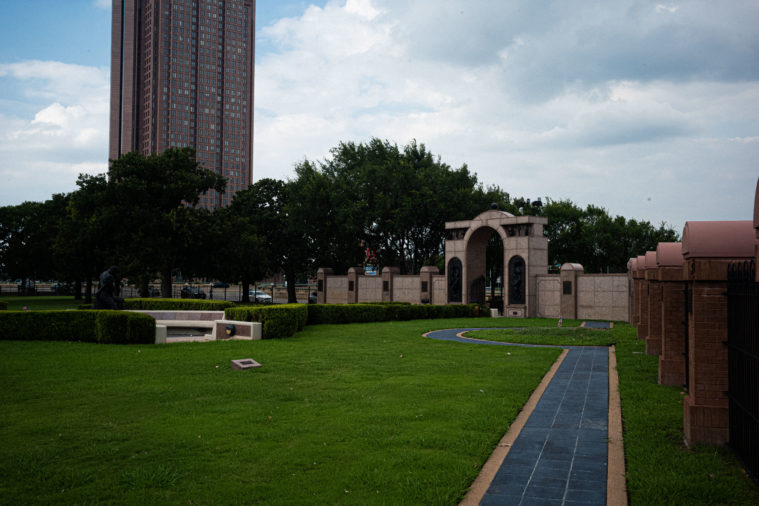
Forgetful City
Dallas’ first freeway was built over a Freedmen’s cemetery, a cultural clear-cutting in a city built on convenience.
Since 1954

Megan Kimble is executive editor at the Texas Observer. Previously, she was the founding editor of Edible Baja Arizona, a bimonthly magazine covering Tucson and the borderlands. Megan is the author of Unprocessed: My City-Dwelling Year of Reclaiming Real Food, named a Southwest Book of the Year in 2015, and has written about housing and agriculture for CityLab, The Guardian, The Los Angeles Times, and The Washington Post. She holds an MFA in creative nonfiction from the University of Arizona, loves hiking and camping, and always eats breakfast.

Dallas’ first freeway was built over a Freedmen’s cemetery, a cultural clear-cutting in a city built on convenience.

As housing prices skyrocket in Texas, desperate buyers will try anything to stand out. But experts say the implications are troubling.
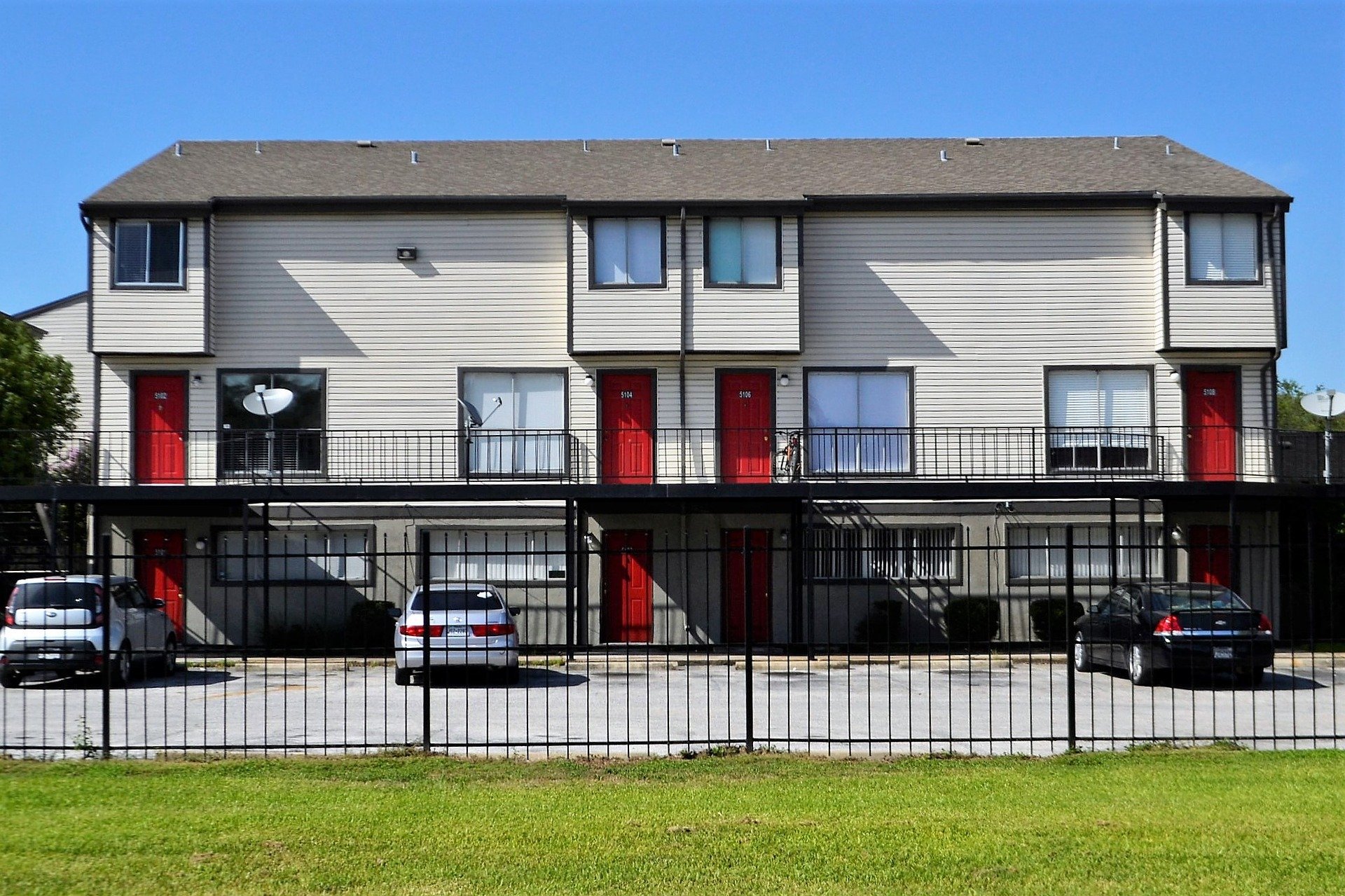
Despite federal protections aimed at preventing eviction, thousands of tenants in Texas have been unable to use them to keep their homes.
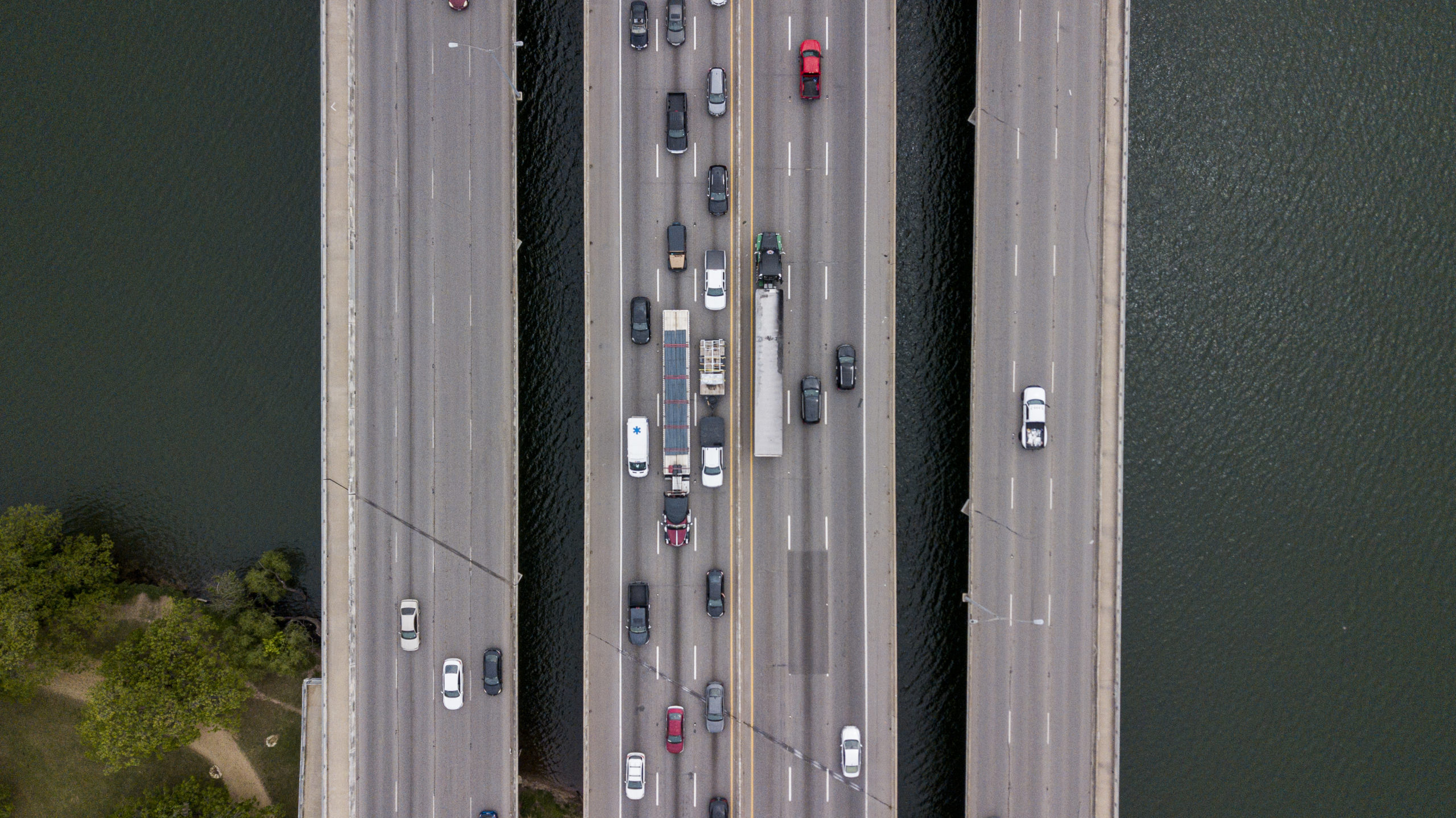
The Texas Department of Transportation intends to spend $25 billion widening highways to fix traffic in Texas cities. What if we tore them down instead?
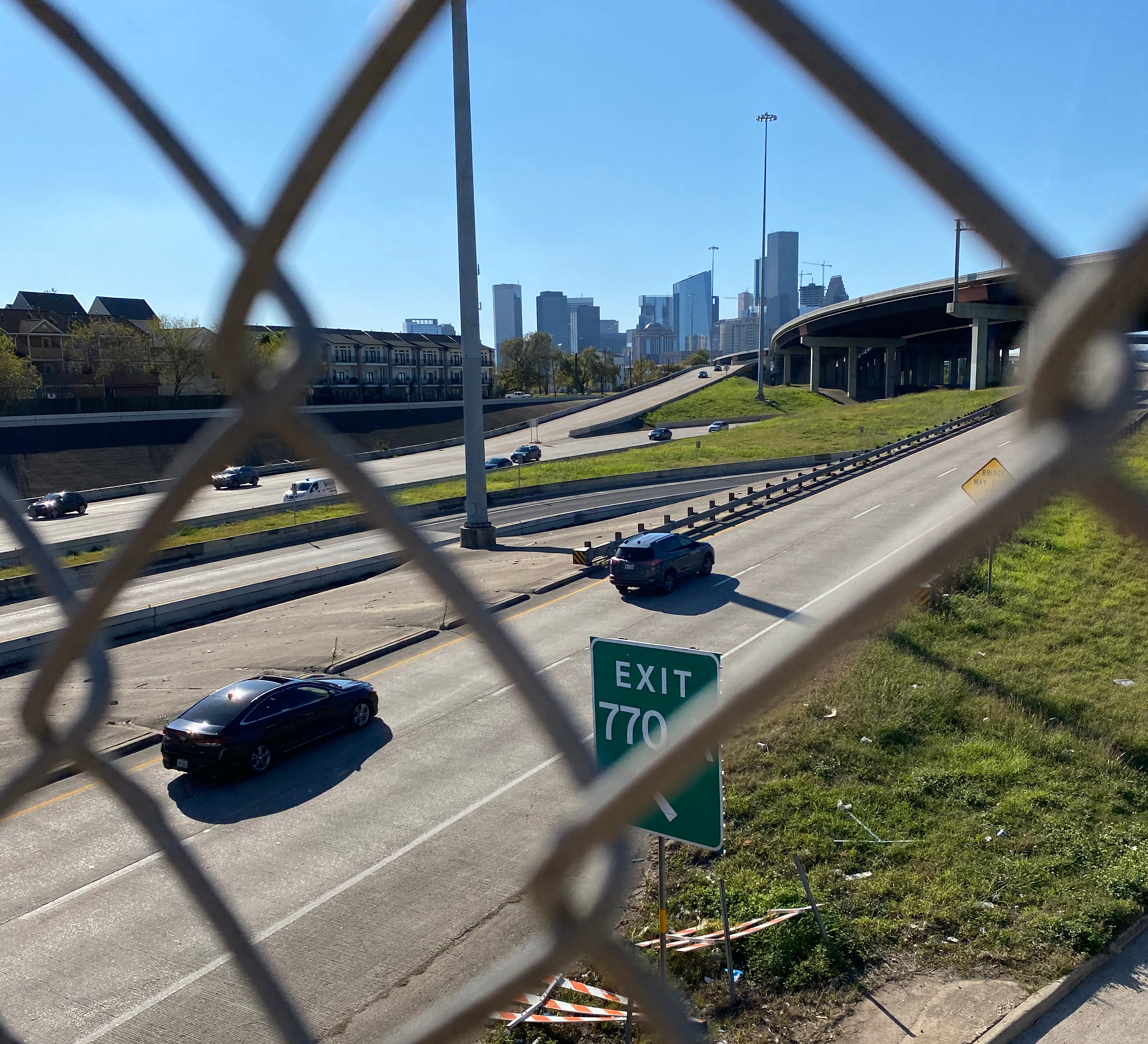
For years, community groups have been organizing to stop a massive highway expansion. In March, the federal government paused the project, citing serious civil rights concerns.
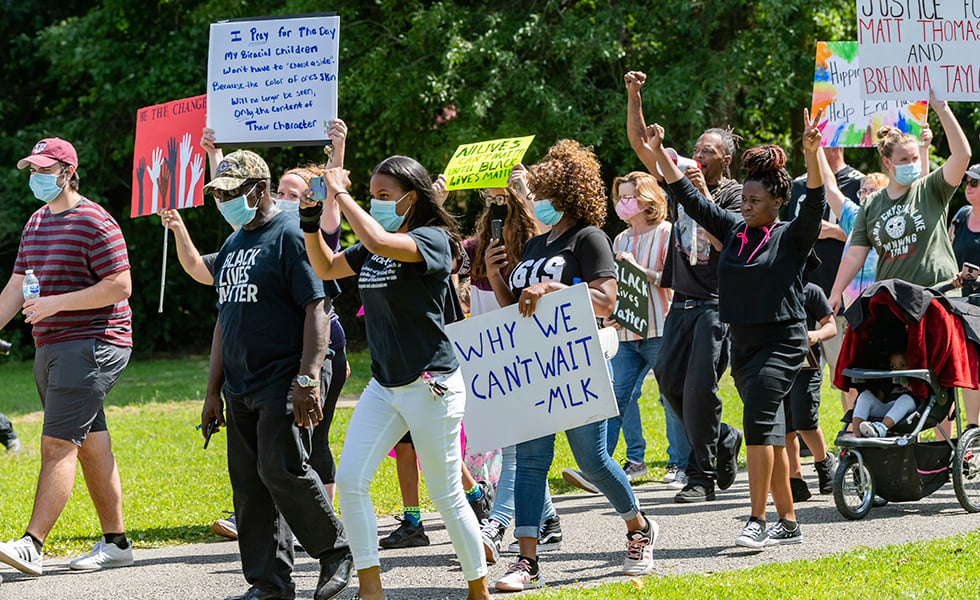
An unprecedented year, in numbers.
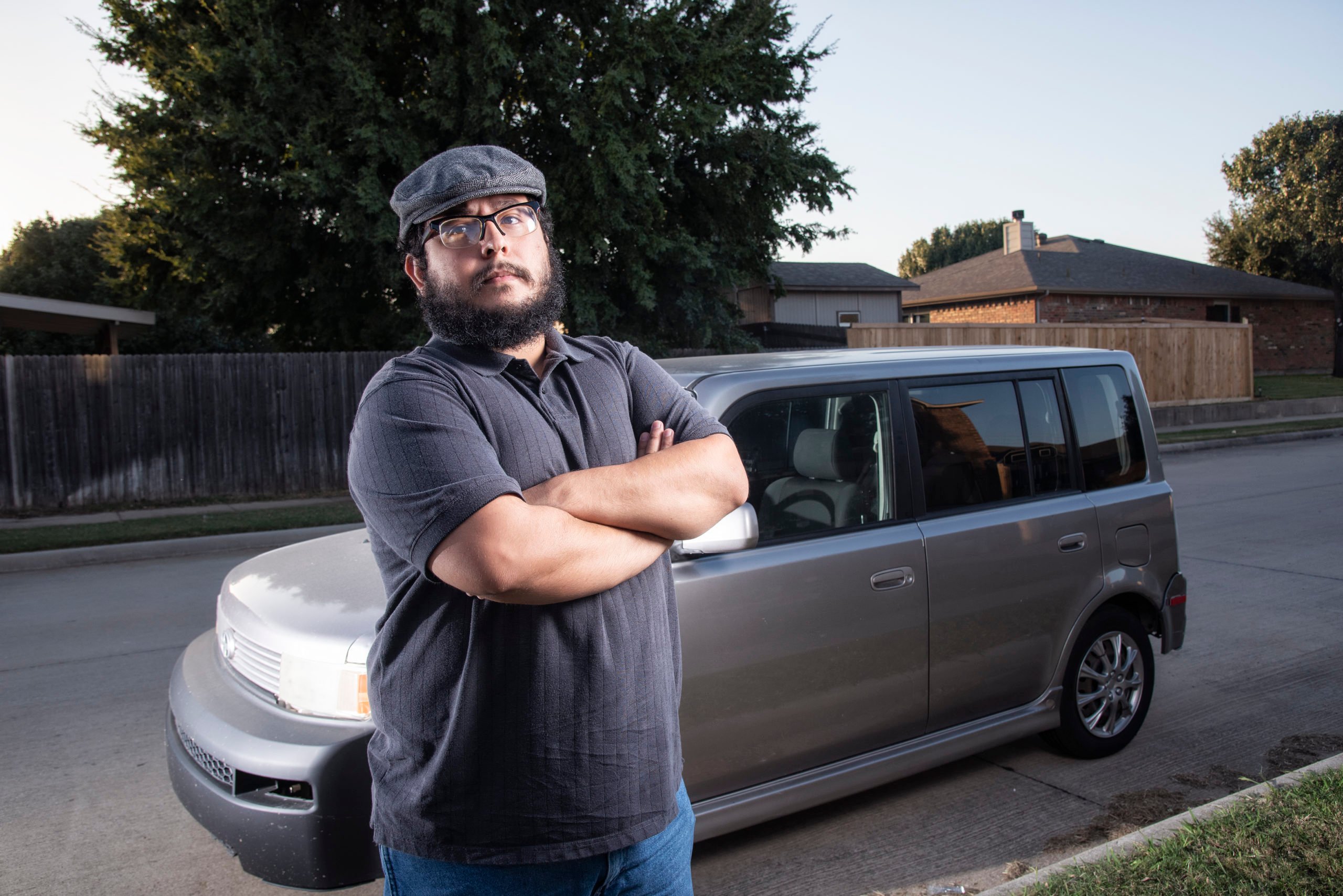
Screened out by automated background checks, tenants who face eviction can be denied housing for years to come.
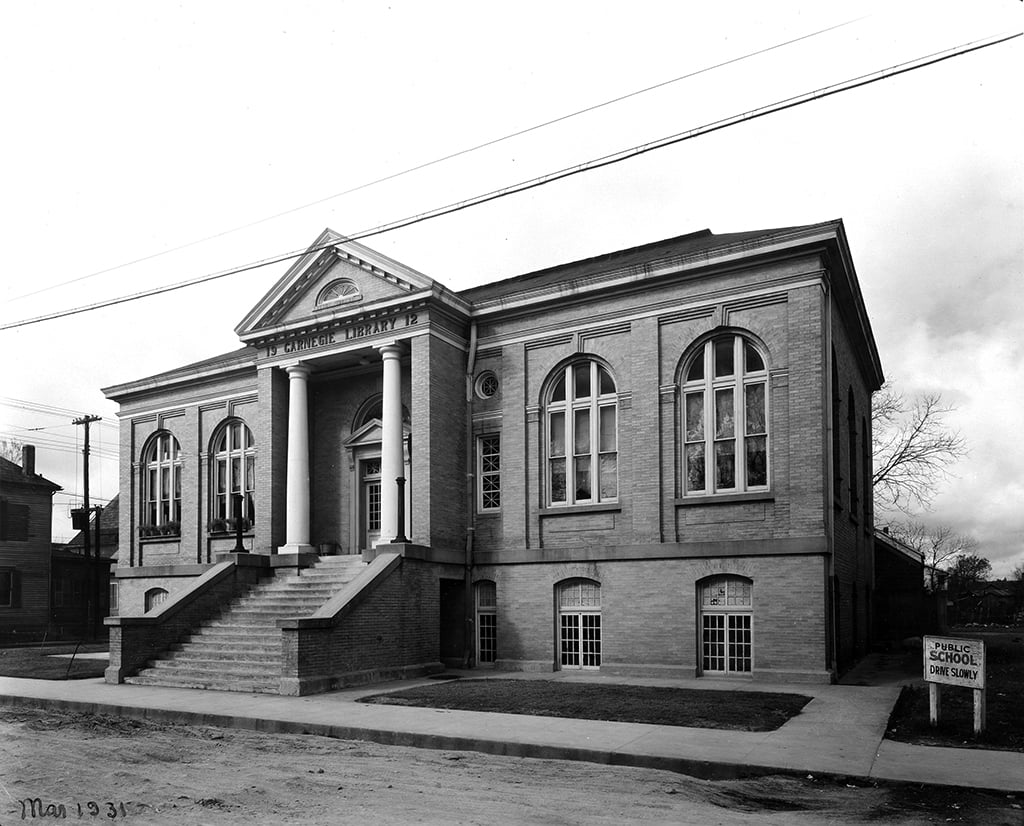
Two new books about the Bayou City—one about its people, one about its places—explore how the fourth largest city in the U.S. became itself.
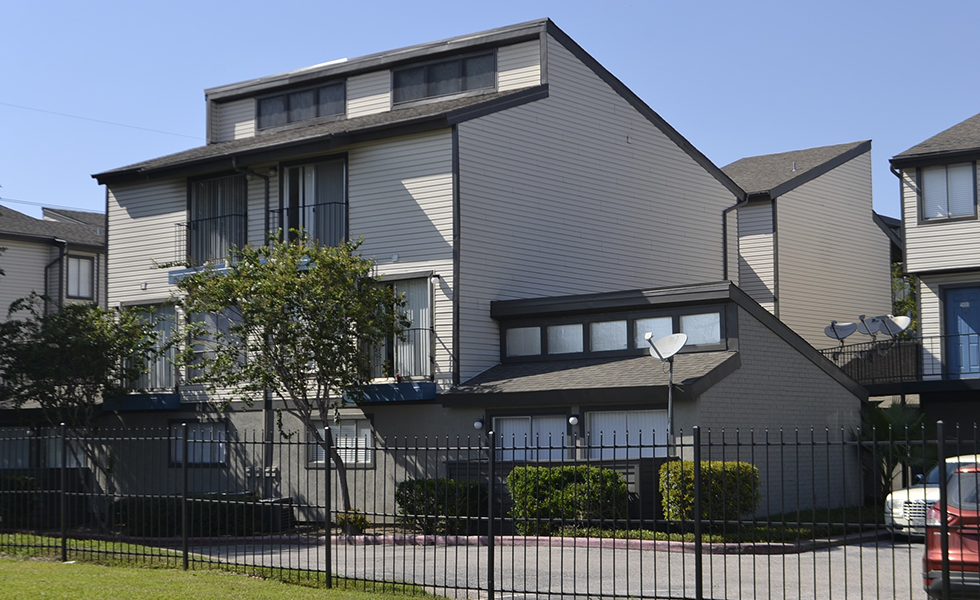
As courts reopen in Harris County, tenants may be removed from their homes as COVID-19 cases skyrocket, despite CARES Act protections that guarantee shelter.
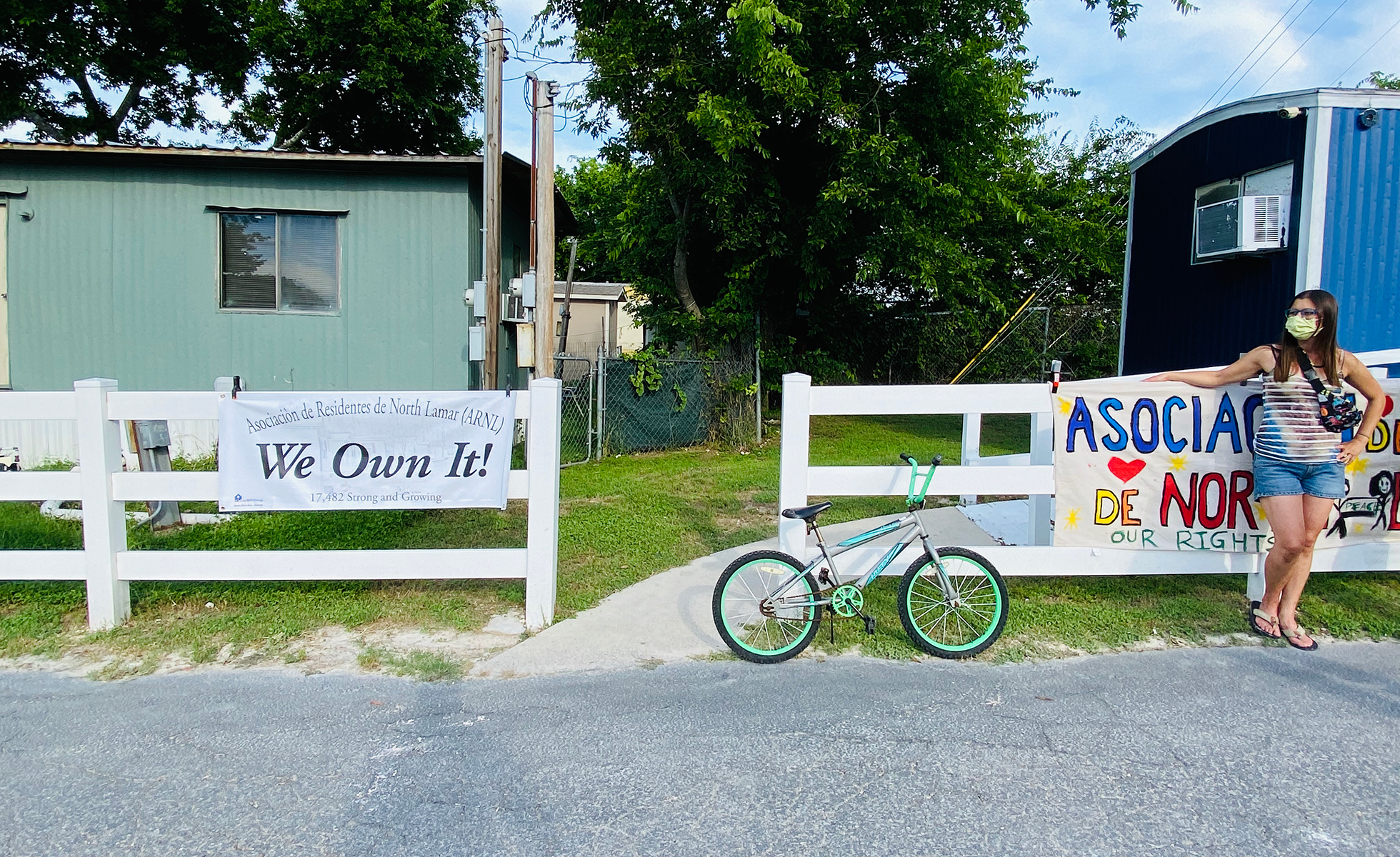
Five years ago, facing significant rent increases and, in some cases, eviction, residents at the North Lamar Mobile Home Park organized. Now, they own the park.